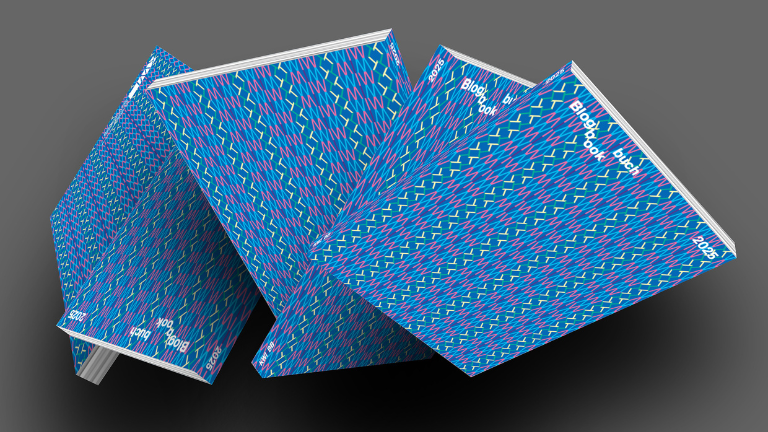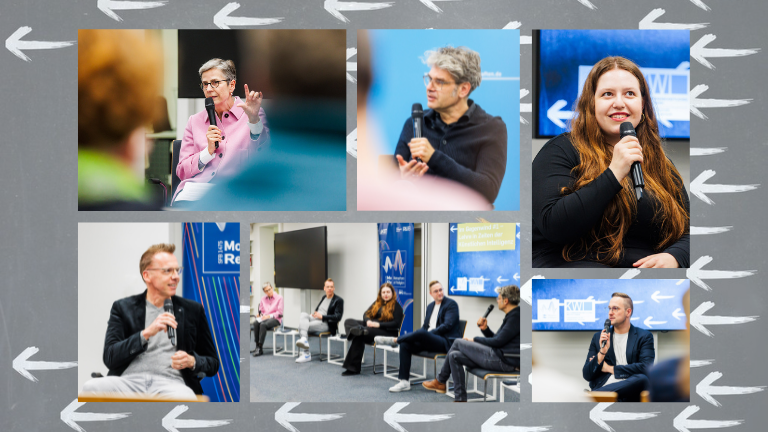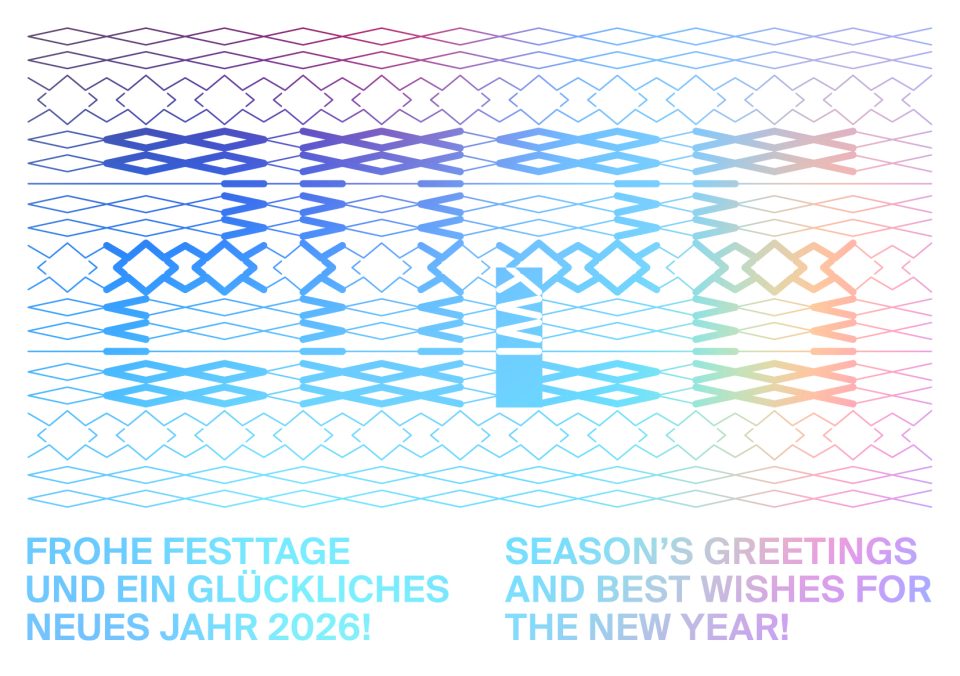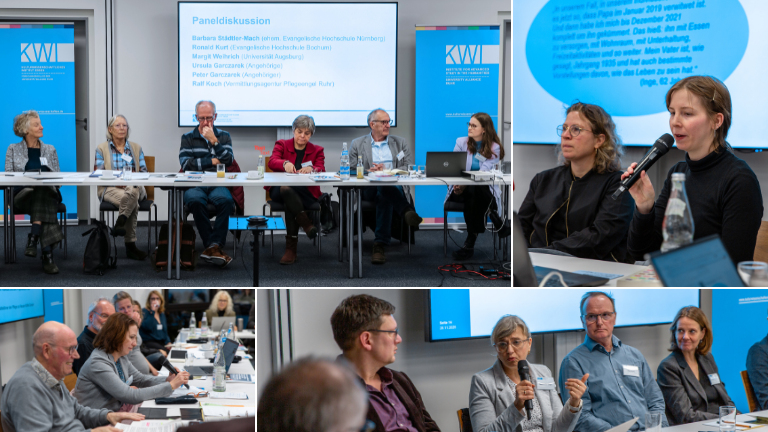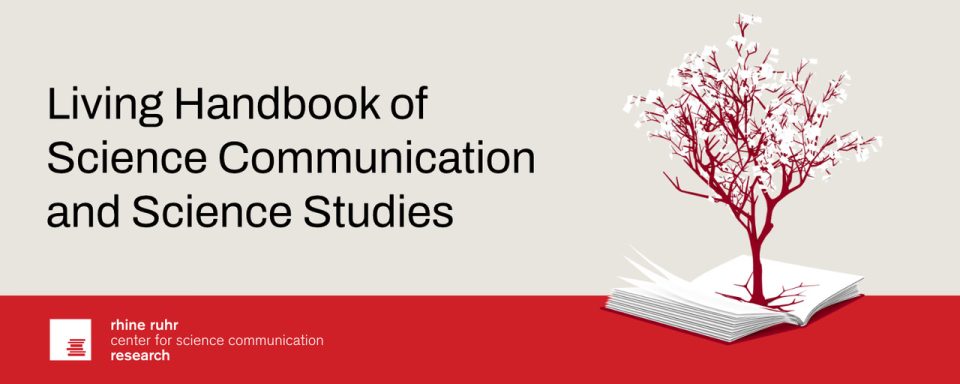Latest News
Tagungsrückblick „Live-in-Versorgung: Zukunfts- oder Auslaufmodell?“
Am 27. und 28. November 2025 fand am KWI die zweitägige Arbeitstagung „Live-in-Versorgung: Zukunfts- oder Auslaufmodell?“ im Rahmen des Forschungsprojekts “Osteuropäische Live-in Hilfen in häuslichen Versorgungstriaden bei Demenz” statt. Ziel…
Jetzt online: The Living Handbook of Science Communication and Science Studies
Was ist Predatory Publishing, wer bewertet ein akademisches Paper und wie arbeitet eine Berufungskommission? Welches Kommunikationsformat passt zu meiner Forschung und wo wird Wissenschaft gesellschaftlich wirksam? Das „Living Handbook of…
